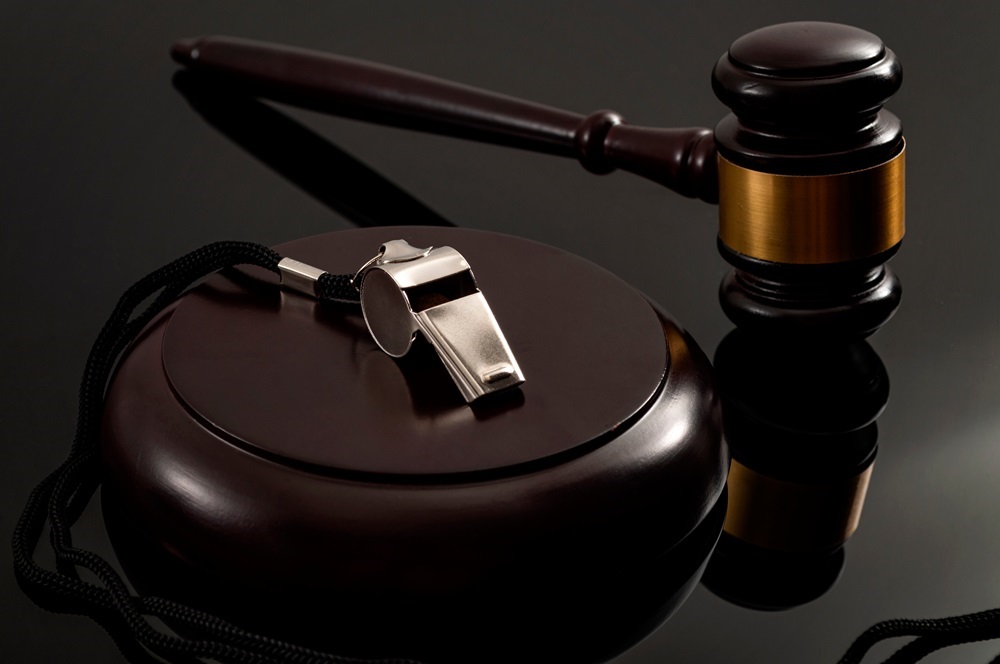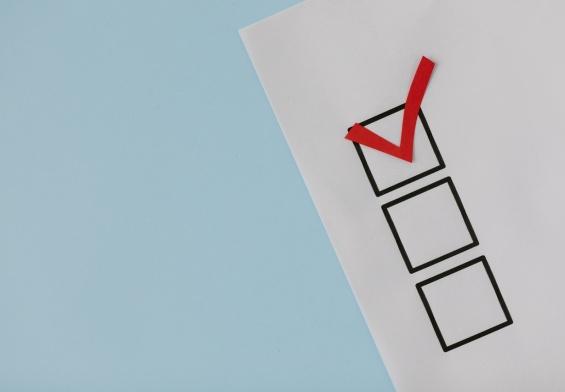Whistleblowing means to report illegal, unethical, or unsafe practices within an organization to authorities, keeping these organizations operating in an ethical and trustworthy manner. By bringing these practices to the forefront, whistleblowers enable significant corrective actions, protect the environment, save taxpayer money, and sometimes even save lives. However, the decision to blow the whistle should not be made hastily. It comes with serious risks, including whistleblower retaliation such as harassment, demotion, and termination. The threat of these punishments demonstrates the need for strong whistleblower protection laws that encourage and protect individuals who come forward to report wrongdoing.
Major Federal Whistleblower Protection Laws
False Claims Act
1863’s False Claims Act (FCA) is one of the pivotal whistleblower protection laws that fight fraud against the government. Its power comes from its qui tam provision, which allows private individuals to sue entities committing fraud on the government’s behalf. Under this provision, billions of dollars in fraudulent claims have been recovered, with whistleblowers identifying and reporting the relevant issues. Through the False Claims Act, whistleblowers are both protected from retaliation but also awarded a portion of the recovered funds, providing an incentive to maintain accountability and integrity in public and private sectors.
Sarbanes-Oxley Act
The Sarbanes-Oxley Act (SOX) protects for employees of publicly traded companies who report financial and corporate fraud or misconduct. These whistleblower protection laws shield whistleblowers from punishments such as termination or demotion. A recent Supreme Court decision made SOX protections stronger, making whistleblowers who step forward more secure and supported by the law. This decision strengthens the Act’s role in keeping corporations transparent and accountable.
Dodd-Frank Act
The Dodd-Frank Act offers financial incentives to whistleblowers who report securities law violations. Under this Act, the Securities and Exchange Commission (SEC) and the Commodity Futures Trading Commission (CFTC) created whistleblower programs that reward successful whistleblowers with a percentage of fines collected from successful enforcement actions. These programs also provide strong retaliation protections, so whistleblowers can report misconduct without experiencing adverse employment consequences.
Federal Whistleblower Laws
Federal whistleblower laws provide a wide range of protections for whistleblowers against retaliation, which includes termination, demotion, and harassment. Whistleblowers experiencing retaliation actions like these have legal recourse options, such as reinstatement to their original positions and financial compensation. The Occupational Safety and Health Administration (OSHA) and other federal agencies enforce these protections so whistleblowers can report misconduct without fear of adverse consequences, as well as get the help they need if retaliation does occur.
State-Level Whistleblower Protection Laws
In addition to federal whistleblower laws, whistleblower protection laws at the state level offer extra protections, broadening the safety net for individuals who report misconduct. Many states have their own laws protecting whistleblowers from retaliation and encouraging them to report unethical or illegal activity.
For example, California has strong whistleblower protections that even extend beyond those of federal laws, providing employees with extensive rights and remedies. New Jersey has its own whistleblower anti-retaliation laws as well. These state laws close gaps in federal legislation and are tailored to specific regional needs, strengthening the framework for whistleblower protection across the entire Country.
The Role of Nonprofit Organizations and Legal Support
Nonprofit organizations like the National Whistleblower Center also fight for and support whistleblowers by giving them platforms and protecting their rights. These organizations provide resources like legal assistance and guidance on the whistleblowing process, as well as advocate to strengthen and uphold whistleblower protection laws. By offering this support network and expert advice, these nonprofits make it easier for whistleblowers to come forward with information on misconduct.
Steps for Potential Whistleblowers
Potential whistleblowers should follow best practices for documenting and reporting misconduct to ensure the credibility and protection of their claims. They should thoroughly record instances of wrongdoing, maintain as much detail as possible in their records, and understand both company policies and external reporting options to determine their next steps.
It’s important for potential whistleblowers to familiarize themselves with both the procedures for reporting within the organization internally and for approaching external agencies if necessary. Additionally, keeping things a secret and protecting oneself from retaliation is important; this can be done via legal advice, anonymous reporting channels, and being cautious with sensitive information.
Challenges and Future Directions
Whistleblowers face numerous ongoing challenges including legal loopholes in favor of the company engaging in misconduct and whistleblower protection laws that aren’t robust enough. However, recent legislative efforts and judicial decisions have been aimed at closing these loopholes and broadening the protections offered by whistleblower protection laws. Advocacy for strengthening protections for those reporting misconduct needs to continue far into the future as well, so organizations can be held accountable for years to come.
The Impact of Legal Protections for Whistleblowers
Legal protections for whistleblowers are imperative in keeping organizations honest and accountable, since they outline avenues for whistleblowers to make their voices heard and punish the organization for retaliating against them. That being said, there are still numerous gaps and legal loopholes in whistleblower protection laws that must be closed to foster accountability and trustworthiness for these organizations, as well as access to resources that must be expanded so those engaging in misconduct and other illegal activity can face justice.




